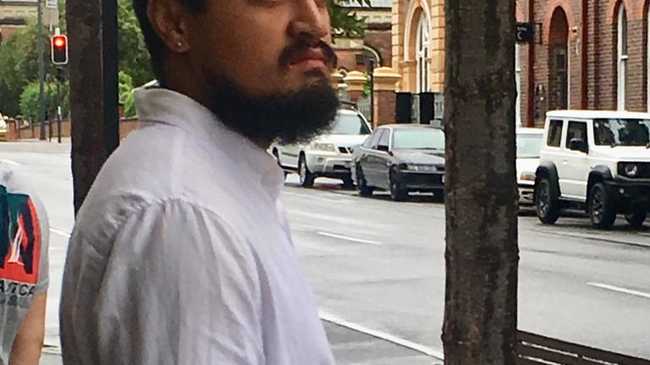Queensland police to be quizzed about attitudes toward Muslims
QUEENSLAND police will be interviewed about their attitudes towards Muslims as part of a major new study examining whether biases against the Islamic community are preventing the reporting of extremism.
QUEENSLAND police will be interviewed about their attitudes towards Muslims as part of a major new study examining whether biases against the Islamic community are preventing the reporting of extremism.
Research shows that Muslim migrants’ trust in police begins to wane after they have lived in Australia for more than seven years.
This has led to fears that a major Islamic-inspired terrorist attack could occur if the religion’s community members are unwilling to report their concerns to police.
Griffith University Criminology Professor Kristina Murphy hopes to sit down with dozens of counter terrorism cops and general duties officers in the coming years to figure out how some of them treat Muslims while on the job and why.

She hopes that her research can help improve ties between the Muslim community and police.
“It is human nature for people to hold implicit biases about those they see as different to themselves,” Prof Murphy said.
“To say that police don’t have these biases would be naive. So if you have these biases, how do you train an officer to act in a way that those biases don’t come to the fore?”
Prof Murphy said preventing extremism isn’t as simple as hiring more Muslim police however.
“(There was) a study that I saw at a conference where a senior academic had done some work with American police officers and found that African American police officers perceived black people in the community as more dangerous than what the white officers did. So just simply putting more Muslim officers in the ranks, I don’t think that’s the only answer.”
Prof Murphy’s project has received almost $1 million in funding and is expected to be completed within four years.
Queensland Police, in a statement, said identifying early warning signs was crucial.
“The QPS has developed a statewide network of officers who have a heightened
level of awareness of the behavioural indicators of radicalisation and the availability of support mechanisms,” QPS said.
“The QPS continues to actively engage with and foster positive relationships with the Muslim
community on all levels. The Commissioner co-chairs a forum with a senior member of the
community, which meets regularly.”


